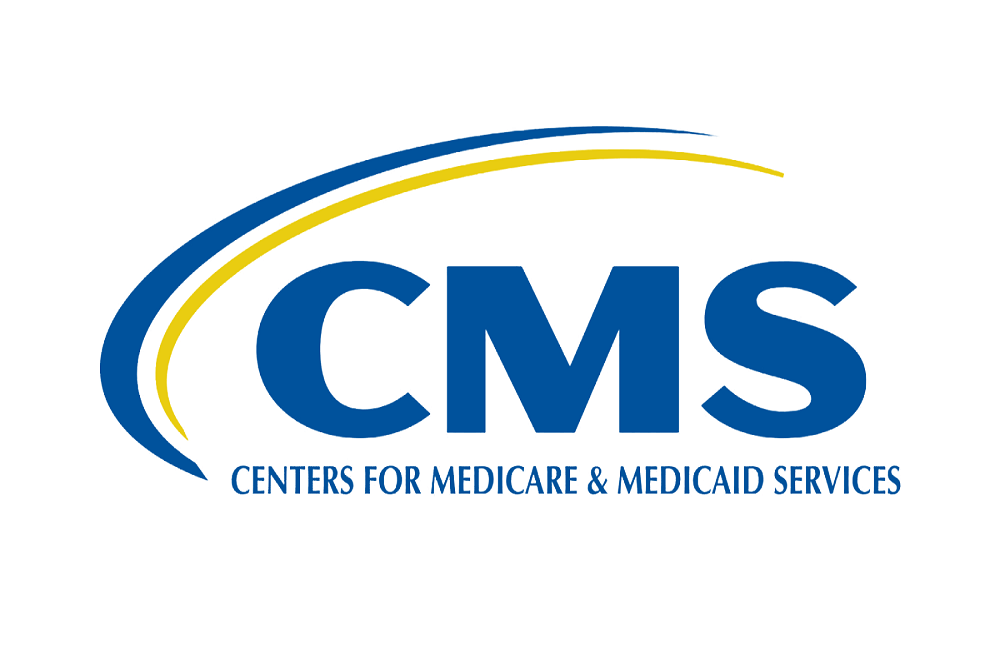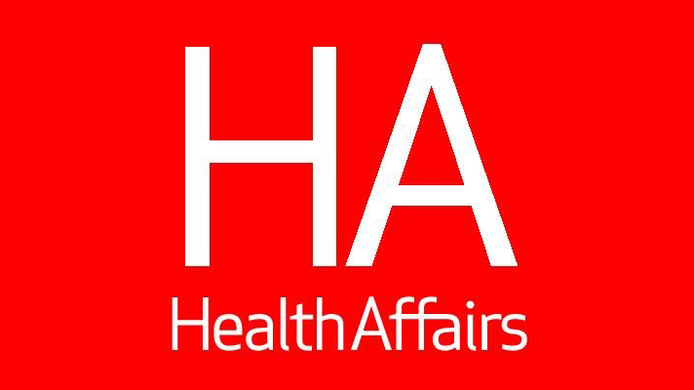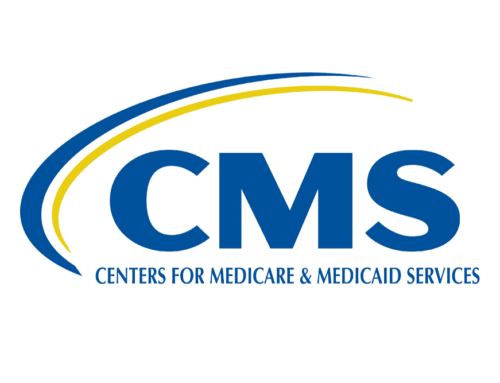CENTER UPDATE | OCTOBER 2024
In this Issue:
- Inflation Reduction Act Saves Medicare Enrollees Nearly $1B
- Medicare Reforms Guide Available from PAN Foundation
- IRS Guidance Expands List of Services Covered Pre-Deductible
- Consolidated Hospitals Tied to Patient Medical Debt
- All Parties Agree: Medical Debt is an Urgent Issue
- The Uncertain Future of Preventive Care
- Proposed Rule Would Expand Contraception Coverage Under the ACA
- Growing Equity and Improving Business
- Aetna Launches No-Deductible Health Plan for Self-Insured Employers


Inflation Reduction Act Saves Medicare Enrollees Nearly $1B in First Half of 2024
In the first half of 2024, nearly 1.5 million Medicare Part D enrollees saved close to $1 billion in out-of-pocket prescription drug costs, thanks to the Inflation Reduction Act. This law established a cap of approximately $3,500 on out-of-pocket expenses, which will further decrease to $2,000 in 2025, potentially benefiting an estimated 19 million seniors. Key findings indicate significant savings, especially among those without financial subsidies, with the highest impacts seen in states like California, Florida, New York, and Texas.

Medicare Reforms Guide Available from PAN Foundation
The PAN Foundation’s Medicare reform guide outlines six key reforms to the Medicare Part D program established by the Inflation Reduction Act, which will be implemented between 2023 and 2025. Key changes include the introduction of a $2,000 annual cap on out-of-pocket costs for prescription medications, effective January 1, 2025, and the elimination of cost-sharing for vaccines and insulin products starting January 1, 2023. The reforms aim to enhance access and affordability for Medicare beneficiaries, while encouraging careful review of plan options during the annual open enrollment period.

IRS Guidance Expands List of Services Covered Pre-Deductible
Last week, the Internal Revenue Service released Notice 2024-75, which expands the list of preventive care benefits permitted to be provided by a high-deductible health plan (HDHP) under section 223(c)(2)(C) of the Internal Revenue Code without a deductible, or with a deductible below the applicable minimum deductible for the HDHP. The guidance outlines the following inclusions:.
- Oral Contraceptives
- Male Condoms
- Breast Cancer Screening
- Continuous Glucose Monitors and Insulin
This guidance builds upon IRS Notice 2019-45, which established the flexibility of HSA-HDHPs to cover 14 specified medications and services used to treat chronic diseases prior to meeting the plan deductible.


Consolidated Hospitals Tied to Medical Debt for Patients
A new report from the Urban Institute highlights that nearly 40% of U.S. adults are burdened by healthcare debt, with hospital consolidation contributing to this issue. As hospitals merge and gain market power, prices tend to rise, leaving patients with fewer affordable care options, which can lead to increased debt. While overall medical debt has declined nationally, areas with higher hospital consolidation have seen less improvement.

All Parties Agree: Medical Debt is an Urgent Issue
Despite divisive issues dominating the presidential race, bipartisan efforts in state legislatures are making headway in addressing the medical debt crisis. Since 2021, over 20 states have enacted laws aimed at reducing aggressive hospital billing practices and expanding charity care for low-income patients, with support from both Democrats and Republicans. A significant 100 million Americans are impacted by medical debt, leading to financial hardships, such as draining savings and increasing reliance on debt.


Proposed Rule Would Expand Coverage of Contraception Under the ACA
A new proposed rule, issued by the Departments of Health and Human Services, Labor, and Treasury, mandates that insurance plans cover all OTC contraceptive products and provide clear communication to beneficiaries about their options. If finalized, this would represent the most substantial enhancement of contraception coverage in over a decade, coinciding with the recent approval of the first OTC contraceptive pill. The administration seeks to reduce barriers for patients and ensure that preventive services, such as contraceptives, are accessible without cost-sharing.


The Uncertain Future of Preventive Care
Braidwood v. Becerra challenges the authority of the U.S. Preventive Services Task Force to dictate insurance coverage for preventive services, with implications for over 150 million Americans’ access to care. A Health Affairs forefront on the topic highlights recent shifts in the Court’s approach, particularly the overturning of the Chevron doctrine, suggest a potential increase in judicial involvement in regulatory decisions, which could threaten the independence of expert advisory bodies like the Task Force, ACIP, and HRSA. The outcome of this case could reshape the landscape of preventive healthcare coverage in the U.S. and increase political interference in healthcare decisions.


Growing Equity and Improving Business
A recent analysis by the Deloitte Center for Health Solutions highlights the significant economic impact of health inequities in the United States. It estimates that improving health equity could boost the nation’s GDP by $2.8 trillion by 2040, with corporate profits increasing by $763 billion. The research underscores that health disparities not only hinder individual well-being, but also result in substantial financial losses for businesses due to decreased productivity and increased healthcare costs.


Aetna Launches No-Deductible Health Plan for Self-Insured Employers
Aetna has launched SimplePay Health, a new health plan designed for self-insured employers that eliminates deductibles and simplifies medical billing. This plan allows employees to receive one monthly statement summarizing all their medical and pharmacy claims, with options for auto-payment or financing through a 0% line of credit. The initiative aims to lower healthcare costs, enhance outcomes, and streamline the payment process.
Please Help Support the V-BID Center
As a non-profit entity, the V-BID Center relies on fundraising to support our research, education, and policy efforts. Please help us continue our work by donating here. We truly appreciate your consideration.





